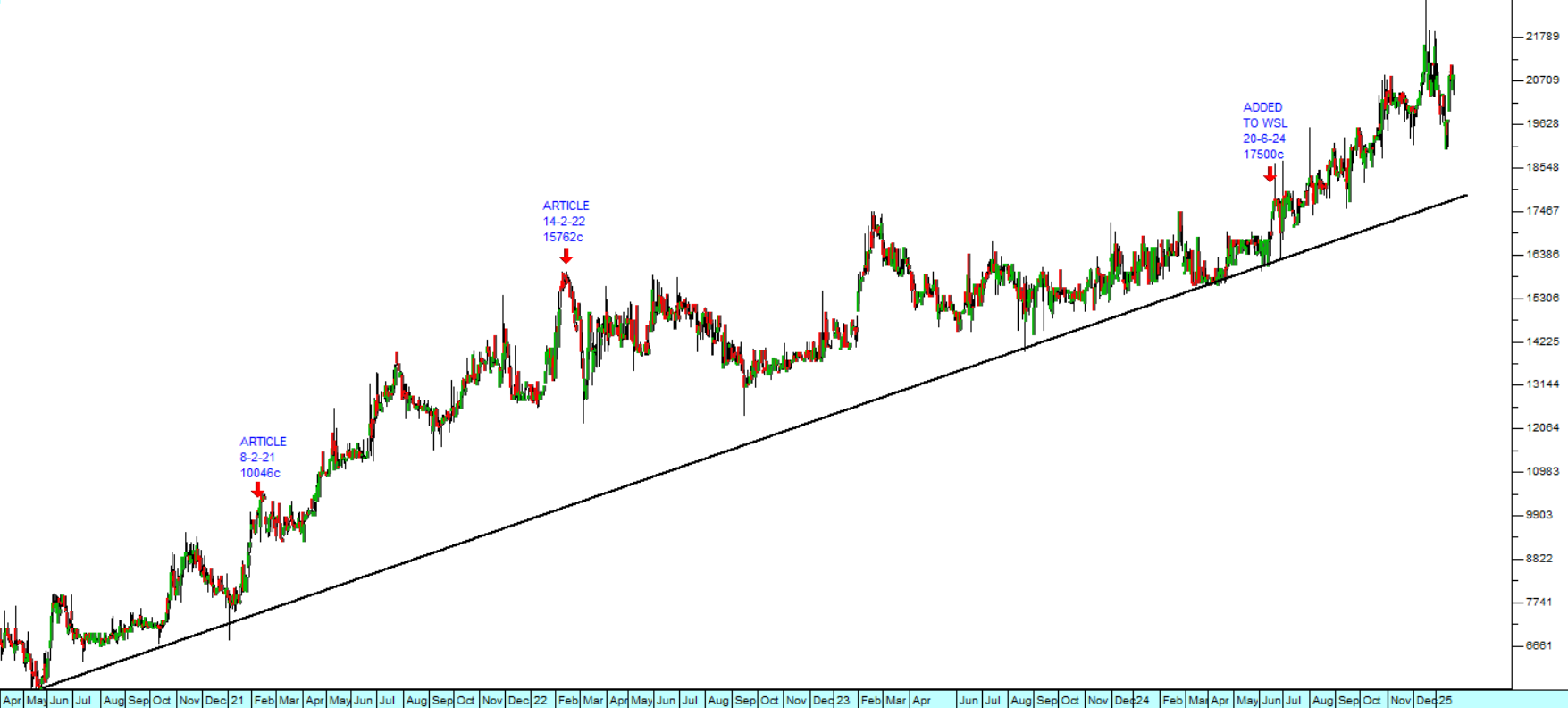Growth by Acquisition
Hudaco (HDC) is a master of growing by acquiring smaller businesses in similar fields of activity or businesses, which then complement its existing suite of businesses. It has been making these bolt-on acquisitions for many years and has developed great expertise at selecting and evaluating appropriate targets.
These bolt-on acquisitions are mostly small enough to be made without requiring shareholder approval and can usually be financed out of Hudaco’s existing cash flows. This also means that the risks involved in the acquisition do not seriously threaten the main business of Hudaco, but rather enable it to grow rapidly into new adjacent markets.
HDC’s latest acquisition is Isotech which manufactures and distributes thermal and electrical insulation materials in Southern Africa. It has a turnover of about R500m and an after-tax profit of about R90m per annum. Hudaco plans to pay a maximum of R709m, which means that it is buying the company for 7,87 times its after-tax profit (R90m). Given that HDC trades in the market on a multiple of 10,4, the acquisition will give an immediate benefit to its shareholders as the profit of Isotech is added to HDC’s profit and re-rated.
The acquisition dove-tails in with and compliments HDC’s existing businesses, especially Powermite and Varispeed in the electrical power and transmission sector. The CEO of Isotech has agreed to stay on for three years and the final price is dependent on the profits made by the company during that time.
Technically, HDC has been in a strong upward trend since May 2020. Consider the chart:

As you can see, we first wrote about HDC in an article on the 7th of February 2021 when the share was trading for 10046c. That was followed by another article on the 14th of February 2022 when the share was trading for 15762c. Finally, the share was added to the Winning Shares List on the 20th of June 2024 at a price of 17500c and since then it has appreciated by a further 32,4% to close at 20999c on Friday last week.
So, over the 4 years since we first wrote about this company its shares have risen by 108%. During the same period, it has been paying out steady dividends to shareholders, resulting in a consistent dividend yield (DY) of around 4%.
I have no doubt that Hudaco will continue to find and buy bolt-on acquisitions which dove-tail in with its existing business and help it to diversify into new markets and add new client bases. Because of the businesses which it is in, it will benefit directly from the economic reforms of the new government of national unity (GNU), the falling level of interest rates and the end of loadshedding.
So, this is an ideal investment for the private investor. The growth is not dramatic, but it is steady and increasingly reliable. The risk is very low. Holding a share like this as a long-term investment means that, even if you sell it, you will only have to pay capital gains tax (which is effectively 18%). But why would you want to sell it? What would you do with the cash? You would have to find another share like HDC to invest in. The best strategy is not to sell it – just hold it and watch your investment grow year by year. That way you will never pay any tax.
We have always advocated a strategy of long-term investment. That is how you grow wealth over time. Wealth is not created by “trading”, especially in derivative instruments like futures, options, CFDs or currencies. That is just gambling. Trading in these highly risky instruments only makes your stockbroker rich – not you – and it far more stressful than just parking your capital in a strong, long-term investment like HDC and watching it grow year after year while enjoying a steady, after-tax dividend income.
← Back to Articles